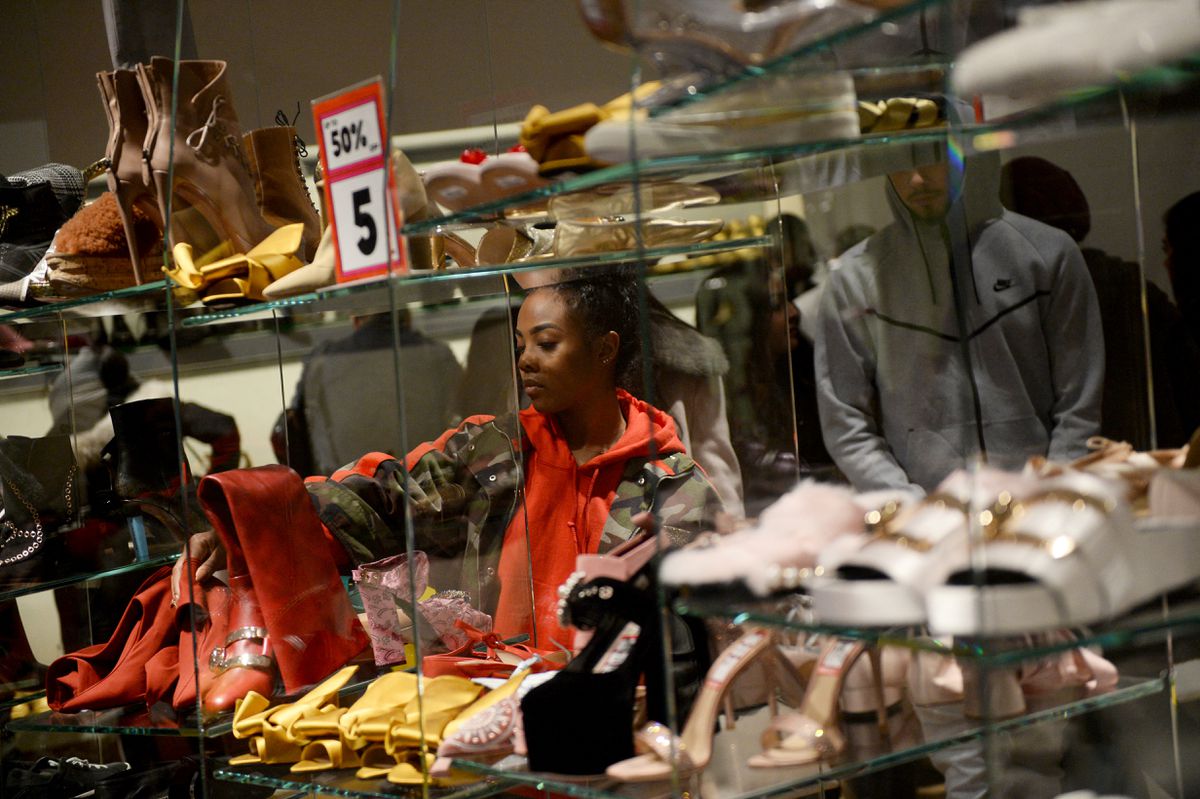British manufacturers expect to raise prices by the most since 1977 over the next three months, as they wrestle with serious labour shortages and the biggest increase in costs since 1980, a quarterly survey showed on Tuesday.
The Confederation of British Industry (CBI) data look set to reinforce the Bank of England’s fears that high inflation is getting baked into businesses’ pricing plans, bolstering the chances it will hike interest rates again next week.
The CBI survey showed a rise in factory orders, greater investment and the strongest export demand growth since July 2018, but overall optimism fell as businesses struggled with sharply rising costs for raw materials and some workers.
“Global supply chain challenges are continuing to impact UK firms, with our survey showing intense and escalating cost and price pressures,” CBI chief economist Rain Newton-Smith said.
British consumer price inflation hit its highest in almost 30 years in December at 5.4 per cent, though there had been some signs in other surveys that the pace of cost growth for businesses was beginning to slow.
Previously released data showed annual producer price inflation slowed in December for the first time since May 2020 and input costs fell on the month for the first time since August 2020. January’s IHS Markit Purchasing Managers’ Index showed the smallest factory input costs rise since April 2021.
BACK TO THE 1970S?
However, Tuesday’sCBI survey showed that the proportion of manufacturers expecting domestic prices to rise over the next three months was its highest since April 1977. The export prices expectations balance was the highest since January 1980.
Costs for manufacturers in the three months to January rose by the most since April 1980, and the percentage of firms reporting limited capacity due to a lack of skilled workers was the highest since October 1973 at 42 per cent.
Central bankers have generally rejected comparisons with the wage-price spirals that plagued most Western economies in the 1970s, but last week one BoE official said it was possible there was a shift away from the more benign patterns of the 2010s.
Manufacturers’ optimism about the current business situation and prospects for the year ahead both fell to their lowest since January 2021, when the economy was still in lockdown.
However, new orders picked up over the past three months and January’s monthly gauge of new orders held unchanged at +24, just below November’s record reading of +26. Economists polled by Reuters had forecast a drop to +22.
Investment plans also strengthened, with plant and machinery investment intentions at their highest since April 1988 – possibly reflecting temporary tax incentives for this type of investment as well as strong underlying demand.







Click here to change your cookie preferences